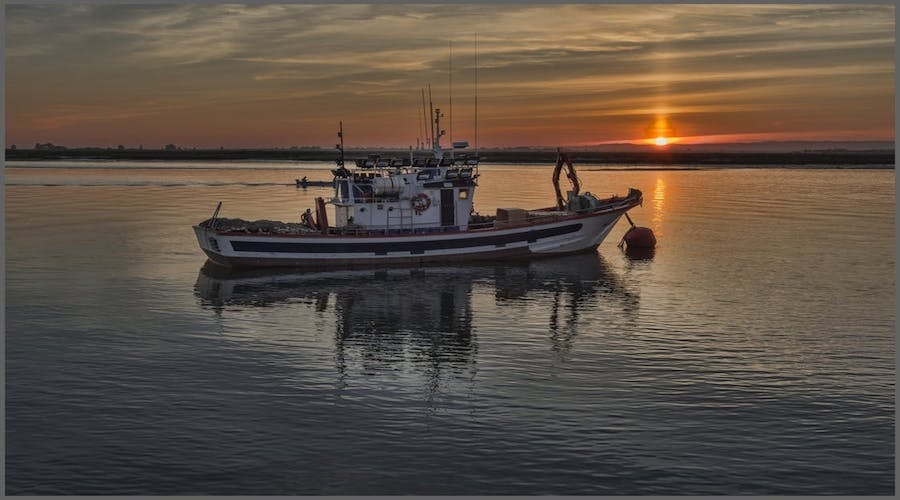Reinventing Whatsapp for sailors in Morocco

For Soremar Group, the Moroccan company specialized in maritime radio since the 1980s, improving communications and expanding their services portfolio, has been nothing but a daily concern.
In partnership with Microsoft, Soremar decided to help sailors and fishermen to stay in touch with their families when sailing, using a low-data communication service.
Facing high costs and illiteracy
The first burden facing the app launch was finance-related. “Local sailors could not afford the cost of the data equipment, as opposed to European sailors who have access to ‘crew allowance’, which decreases the cost of communication. Airtime billing is also expensive as seafarers use satellite communication,” explained Dounia Gnaou, administrative and financial manager at Soremar Group.
Soremar takes care of 2,250 fishing boats and about 6,000 artisan fishing boats. The average number of crew members is between 15 and 17 fisherman. The cost of an average monthly use of satellite communication is between 400 and 500 Moroccan dirhams (US$40 to 50).
According to industry publication Marine Insight, seafarers can spend between $75 and $150/month on voice calls.
The second challenge would be illiteracy. “30 percent of the Moroccan population is illiterate. Thus, we cannot only rely on a technology with emails for instance,” she added.

Fleetchat app
Soremar decided, along with Microsoft, to develop the Fleetchat app. It’s like a Whatsapp for boats, offering an affordable alternative to fishermen as well as sailors.
“We agreed to build an instant messaging cloud-backed app with a ‘.net’ web service, which is best suited for real-time instant messaging. We decided to host it on Azure to benefit from its elasticity and scalability in addition to the easy integration of analysis tools (Application Insights),” said Yassine Serhane, technical evangelist at Microsoft, on the practical case studies of the project.
As cost was Soremar’s main challenge, the company proposed a design that would start small and grow. “We wanted to start with hosting a small project and then enable autoscale during the pilot phase to control the cost of providing the service,” Serhane wrote.
Azure Microsoft developed the app based on the design of the Xamarin app which made Fleetchat Android-ready, as Soremar uses Android devices.
Soremar also partnered with Netherlands-based Qconferencing, which builds customized websites and tools to enable video chats.
“We made sure to develop the app for phones as a first option, since users in North Africa relied on these devices as the sole communication tool. In other countries, people use their computers and ipads among other devices,” said Jesse Van Straaten, owner and director at Qconferencing.

Internet on boats, an ongoing challenge
Delivering internet to sea vessels is a challenge for tech companies. Besides the imperative onboard VSAT satellite communications, the crews need entertainment. Random communication is also important as a report on deciphering broadband stated in 2015.
“Fifty years ago, it was fine for sailors to spend months without communicating with their families,” said Van Straaten. “Nowadays things are different, and people need to interact at least once per day with their relatives. Accordingly, improving the technology and developing video features is a main concern.”
For Gnaou, Fleetchat managed to offer a solution to a third challenge. “We realized that a boat functions in hierarchy similar to a tribe. The captain has more privileges than the workforce for instance.” She hopes that making access to the internet available to all of a crew might just help break down these hierarchical barriers.


